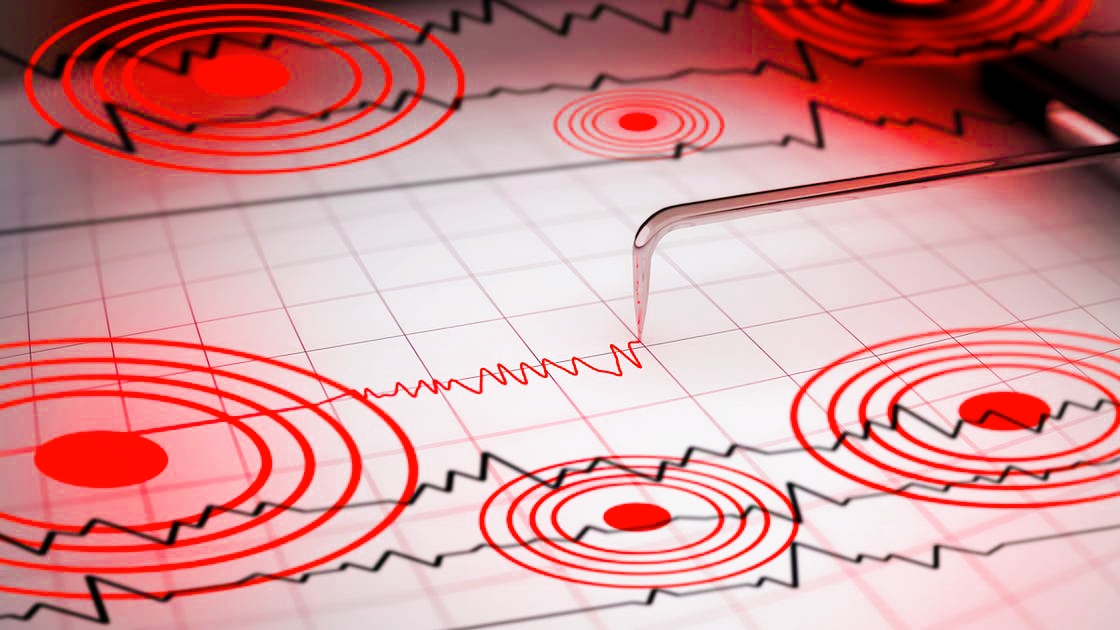A 7.5 Magnitude Earthquake Strikes the Coasts of Russia with Warnings of Possible Tsunami
September 13, 2025119 ViewsRead Time: 2 minutes

Font Size:
16
A powerful earthquake with a magnitude of 7.5 on the Richter scale struck off the coasts of Russia's Far East this morning, Saturday, according to the United States Geological Survey (USGS), amid warnings of potentially "dangerous" tsunami waves threatening coastal areas near the earthquake's epicenter.
The Pacific Tsunami Warning Center reported a real risk of massive waves that could hit coasts within 300 kilometers of the earthquake's epicenter, threatening a new natural disaster in the region.
In a related context, the German Research Center for Geosciences (GFZ) announced that the earthquake that occurred today had a magnitude of 7.1, indicating that its epicenter was near the eastern coast of the Russian Kamchatka region, at a depth of only 10 kilometers, which increases the likelihood of strong aftershocks in the coming hours or days.
* Volcano Erupts for the First Time in 600 Years
Notably, this powerful earthquake comes after a series of geological disasters that recently struck the Kamchatka region;
in July, the same area experienced a devastating earthquake with a magnitude of 8.8, leading to the evacuation of millions of residents from the surrounding Pacific coasts and raising a wave of concerns about the safety of nearby populations.
In a rare development, Russian geophysical agencies recently recorded the eruption of a dormant volcano in the region, marking the first such case in 600 years, highlighting the increasing geological activity in what is known as the "Ring of Fire" in the Pacific.
* The Region is on a Hot Plate
The Kamchatka Peninsula is one of the most seismically and volcanically active areas in the world, located within the "Ring of Fire"; a belt that encircles the Pacific Ocean and is known for its frequent earthquakes and active volcanoes due to the constant collision and movement of tectonic plates beneath the Earth's surface.
For its part, the Russian Geophysical Survey (GS RAS) confirmed that it will continue to monitor the situation closely, expecting aftershocks to persist in the region in the upcoming period.